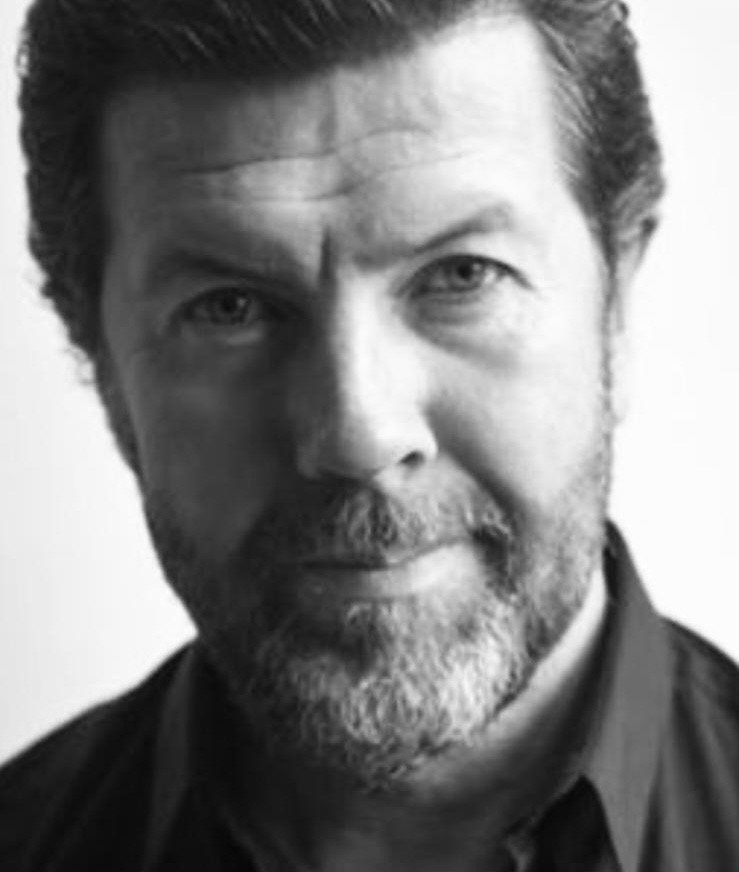Talking therapy, also known as psychotherapy, counselling, or psychological therapy, is a form of psychological intervention that involves speaking with a trained professional about your thoughts, emotions, and behaviours. It is designed to help individuals manage a variety of emotional, psychological and life-related challenges, to promote improved mental well-being and enhance personal growth.
Talking therapy often encompasses a wide range of clinical approaches, yet at its core, it serves to create a safe, non-judgmental space in which individuals can openly and freely explore their thoughts and beliefs. A therapeutic environment is designed to promote self-awareness and psychological insight, allowing clients to develop greater objectivity and understanding to their needs. Through guided reflection and dialogue, individuals are supported in cultivating both cognitive and behavioural coping strategies that facilitate meaningful, lasting change and emotional resilience.









